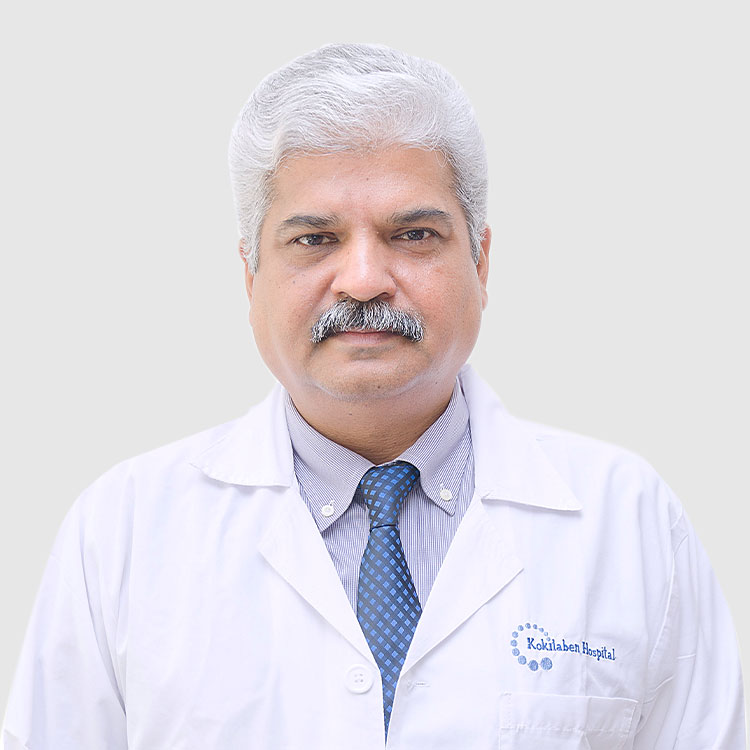Lung cancer, also known as lung carcinoma, is the uncontrolled growth of abnormal cells in one or both lungs. It most often occurs in people who smoke. As lung cancer grows, abnormal cells can form tumours and interfere with the functioning of the lung, which provides oxygen to the body via blood.
Lung cancer is generally diagnosed on a chest X-ray, which is done for other reasons or as part of a health check-up. The associated symptoms of lung cancer include:
Early detection is essential for improving survival rates, and regular check-ups with a lung cancer specialist in Mumbai are highly recommended for those at risk.
The cost to treat lung cancer in India may vary based on the complexity of treatment, but early intervention often leads to better outcomes.
Over 80 per cent of lung cancers have a chance to be cured if detected early. Lung cancer is diagnosed in the following ways:
Chest X-ray or a CT scan
Bronchoscopy, EBUS (Endobronchial Ultrasound) or CT-guided biopsy for obtaining tissue from the tumour
PET CT whole body, MRI, Mediastinoscopy and other surgical procedures
Treatment for lung cancer depends on the type, stage, and overall health of the patient. Common options include:
Surgery can be considered. Our Centre for Cancer offers advanced surgical techniques with better recovery outcomes.
Combination of surgery, chemotherapy and radiation therapy may be required to shrink tumors before surgery
Chemotherapy, oral targeted therapy, immunotherapy and radiation therapy are treatment options
Each patient’s treatment plan is tailored by their stage of cancer and overall health condition. Our Centre for Cancer is renowned for the best lung cancer treatment in India. By seeking timely care and staying informed, individuals can take control of their lung health and improve their quality of life.
50 per cent of surgeries for lung cancer at Kokilaben Hospital are done using Video Assisted Thorocoscopic Surgery (VATS). VATS is a keyhole surgery that reduces postoperative pain, aids in early recovery, avoids prominent scars and reduces length of hospital stay.
Smoking is the leading cause of lung cancer, contributing to approximately 85% of cases. Tobacco smoke contains toxic chemicals that harm the cells lining the lungs. Over time, this damage leads to abnormal cell growth, resulting in cancer. While smoking is the most well-known risk factor, non-smokers can also develop lung cancer due to other environmental exposures.

Cancer/Surgical Oncology, Robotic Surgery, Minimal Access Surgery
Esophageal surgery: VATS and Robotic; Pulmonary surgery (Malignant and Benign): VATS and Robotic; Cancer of Thymus and other mediastinal masses; Chest wall tumours; Gastric Cancer; Head Neck Oncology